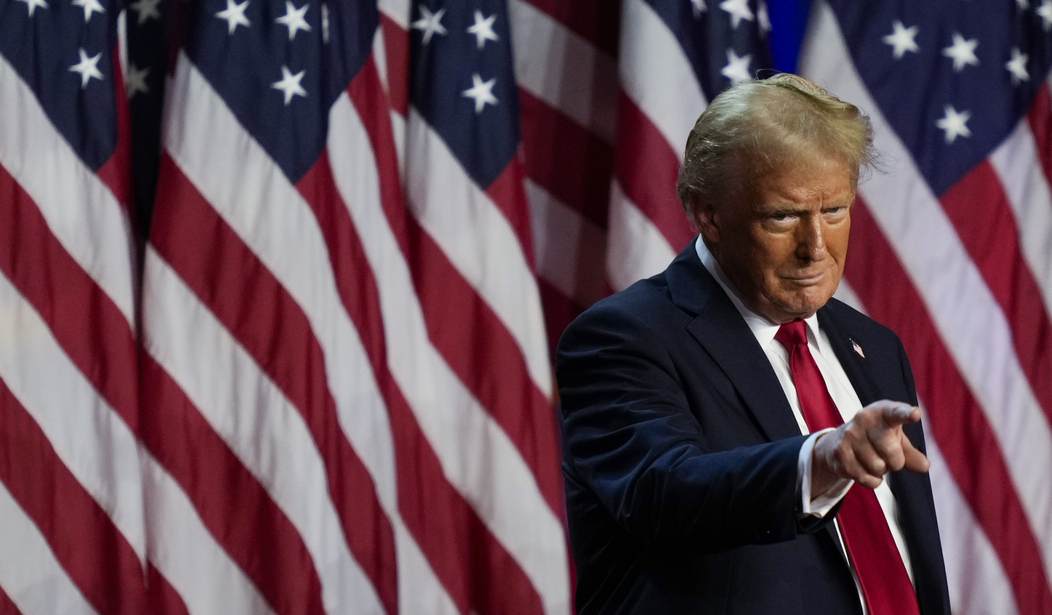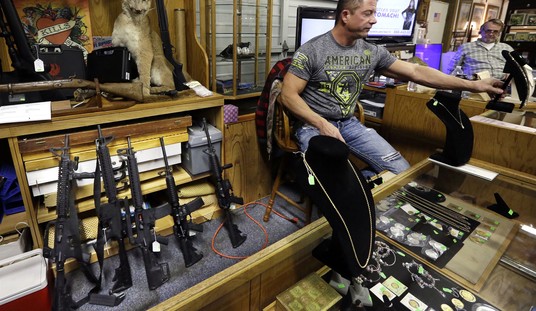With the re-election of Donald Trump to be President of the United States of America, gun rights supporters are able to breathe a sigh of relief. After four years of seeing the United States government weaponized against our right to keep and bear arms, it's nice to know that we'll have at least another four where that's not happening.
The Second Amendment won, but how much of a factor was it?
Well, first, let's talk about that win.
Organizations including the Gun Owners of America and the National Rifle Association tell Fox News Digital they are looking forward to working with Trump when he returns to the White House in January, despite gun control groups such as Everytown for Gun Safety vowing to stand strong against the president-elect's "extremist agenda."
"I think the Second Amendment was on the ballot and the Second Amendment won. The American people clearly elected a pro-gun presidential ticket," Aidan Johnston, the director of federal affairs for Gun Owners of America, told Fox News Digital.
..."President Trump promised on the campaign trail that he would sign national concealed carry reciprocity. And so I think that Congress has got to deliver that for the president," Johnston said. "If you have a concealed carry license, it should be valid in all 50 states, just like your driver's license."
"The American people have clearly given the president a mandate. He was elected on a pro-Second Amendment platform and Congress needs to deliver for the American people," Johnston added.
I'd like to agree with Johnston, but I think we need to put some of this in perspective.
First, there's no doubt Trump won--he took not just the electoral college but also the popular vote--and that provides a mandate all on its own. The American people rejected a lot of what Democrats were selling and part of that was, in fact, gun control.
But did the American people also issue a mandate for gun rights?
That's the big question.
President-Elect Trump will take office in January and become just the second president to serve two terms that weren't consecutive. He's not up for re-election no matter how good of a job he does, at least not without a constitutional amendment that will allow him to run for a third term, and I don't see that happening.
During the four years he has, we expect a certain amount of gun rights proposals to be floated. Trump has vowed to push national reciprocity and did so vocally during the campaign.
The problem we have right now is that it's difficult to tell just what the American people voted for.
We know that prior to the election, guns were the eighth most important topic in the election for most voters according to polls. That's not particularly high up there, all things considered. It seems unlikely that there is a gun rights mandate if it was that low on most people's priorities.
But there's reason to question that.
Just after the election, I wrote about Nate Silver accusing his fellow pollsters of putting their thumb on the scale regarding polling data. I posited that if they did it with who people wanted to be president, they could do it to sort of cook the books on any number of other issues. That could well include guns.
So it might well have been higher.
Then again, the polls were right about things like the economy being a primary motivator for a lot of people, so they might not have.
What we do know for certain is that almost no one voted against President-Elect Trump because of his stance on guns, and we know gun rights supporters likely voted for him because of it. As such, while he might not have a mandate on gun rights, if we're being realistic, there are no indicators that the American people are that hostile toward gun rights, either.
Which means protecting the right to keep and bear arms is most definitely doable and expanding them is also achievable.








